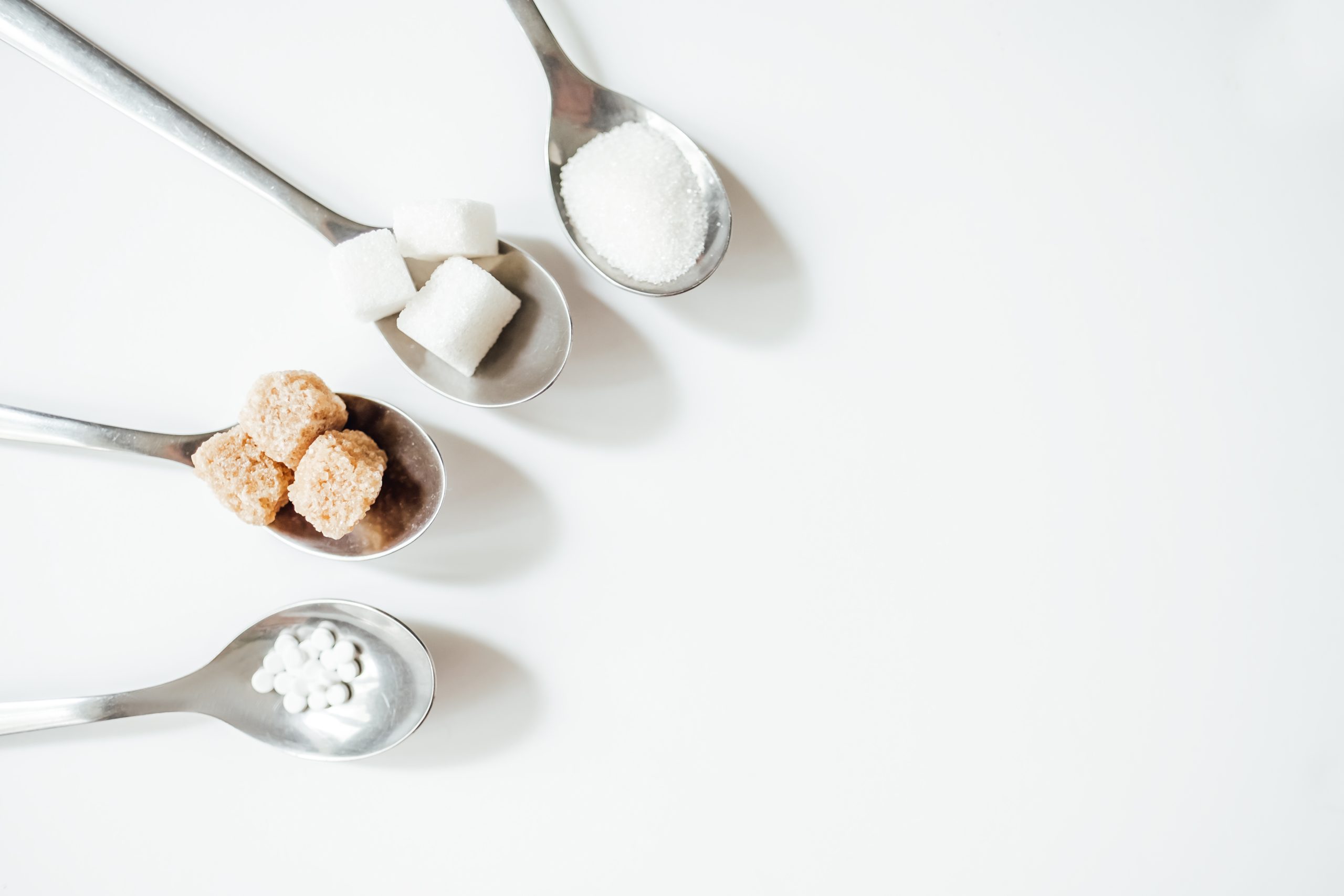Sugar Substitute Linked To Heart Attacks, Stroke, Death

A new study has found that one popular zero-calorie sugar substitute — which is found in branded sweeteners like Truvia, products marketed for “keto” diets, and reduced-sugar products marketed to people who have diabetes — has been linked to blood clotting, stroke, heart attacks and death.
On Monday, a study published online in Nature Medicine journal revealed the links between these dangerous outcomes and a sugar substitute known as erythritol.
Speaking with CNN, lead study author Dr. Stanley Hazen — director of the center for cardiovascular diagnostics and prevention at the Cleveland ClinicLerner Research Institute — revealed that the “degree of risk was not modest.”
“For people who are at risk for clotting, heart attack and stroke — like people with existing cardiac disease or people with diabetes — I think that there’s sufficient data here to say stay away from erythritol until more studies are done,” Hazen added.
Dr. Andrew Freeman, who was not involved in the research but serves as director of cardiovascular prevention and wellness at Denver’s National Jewish Health hospital, told CNN that the news “certainly sounds an alarm.”
“There appears to be a clotting risk from using erythritol,” Freeman added.
In the study, the authors noted that their “findings reveal that erythritol is both associated with incident MACE risk and fosters enhanced thrombosis.”
MACE — an acronym for major adverse cardiovascular events — includes death or nonfatal myocardial infarction or stroke, while thrombosis is a condition that occurs when blood clots block veins or arteries.
The study further revealed that individuals who are already at risk for heart disease had double the likelihood of suffering a heart attack or stroke if their blood contained the highest level of erythritol.
“It’s on par with the strongest of cardiac risk factors, like diabetes,” Hazen told CNN, referring to individuals who had blood levels of erythritol in the top 25% of the study group.
The individuals involved in the study were already at risk for cardiovascular problems, which means that it is still unknown whether these results would apply to the broader population. The study authors have advocated for further studies to investigate erythritol’s long-term safety.
According to Healthline, erythritol is a sugar alcohol like xylitol, sorbitol and maltitol. While erythritol looks and tastes like real sugar, it is not as sweet. The sugar substitute contains less than 1/4 of a calorie per gram, and allows diabetics to eat sweets without a spike in blood sugar or insulin.
While erythritol is found naturally in foods such as grapes and mushrooms, it is produced commercially via fermentation and is typically added to processed foods “at levels 1,000-fold higher than endogenous levels (for example, up to 60% of food weight in some creams or pastry products) due to lower sweetness compared to sucrose,” according to the study.
The study authors also noted that erythritol is poorly metabolized and mostly excreted in urine, which has allowed it to be characterized as “zero-calorie.”
























